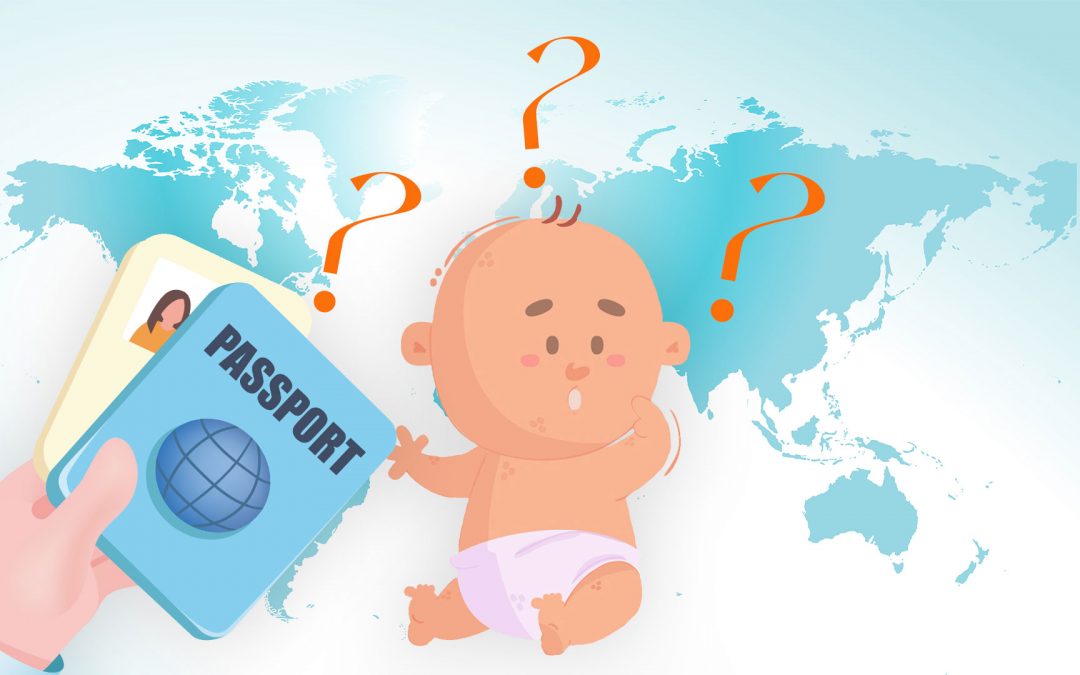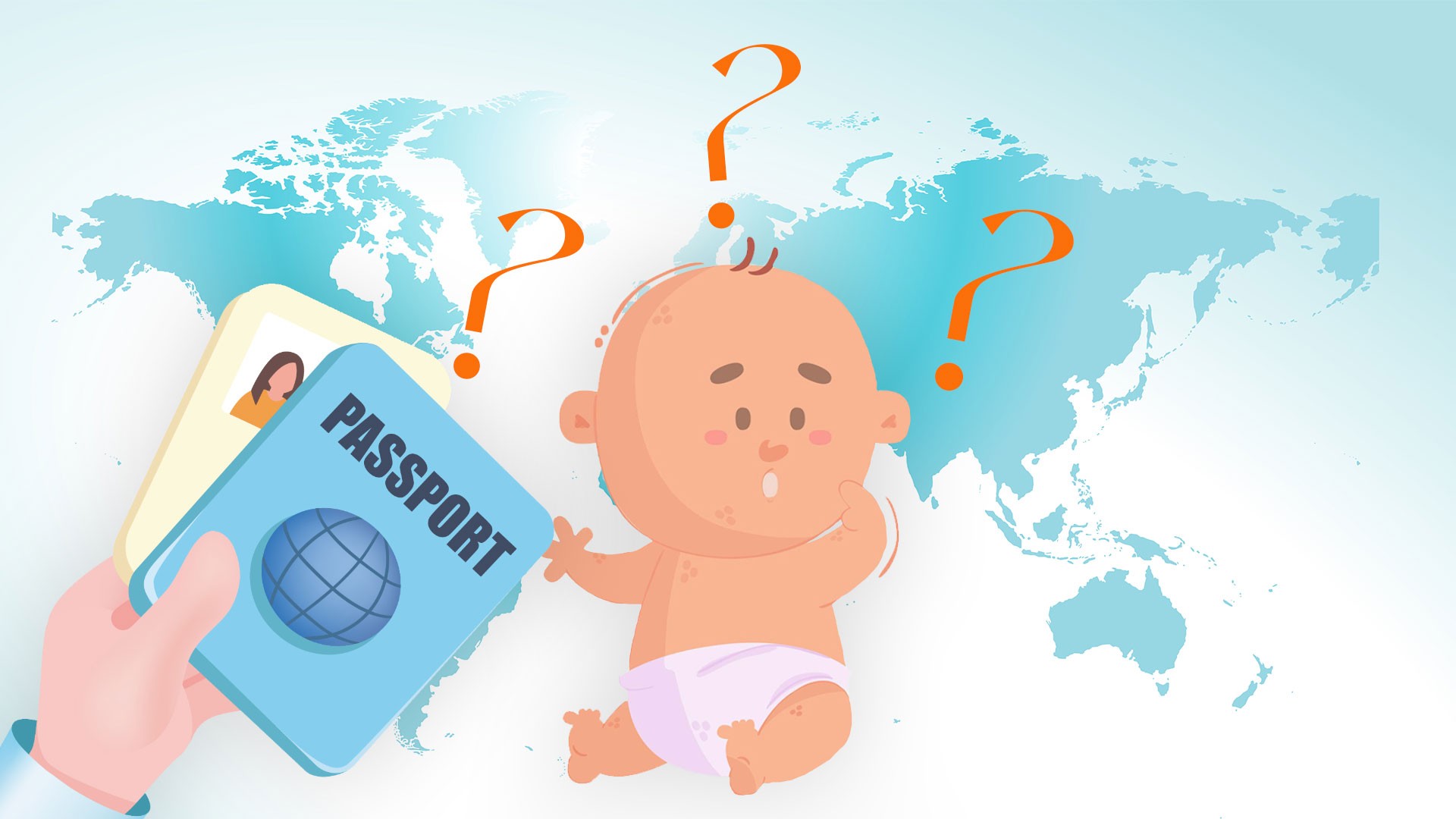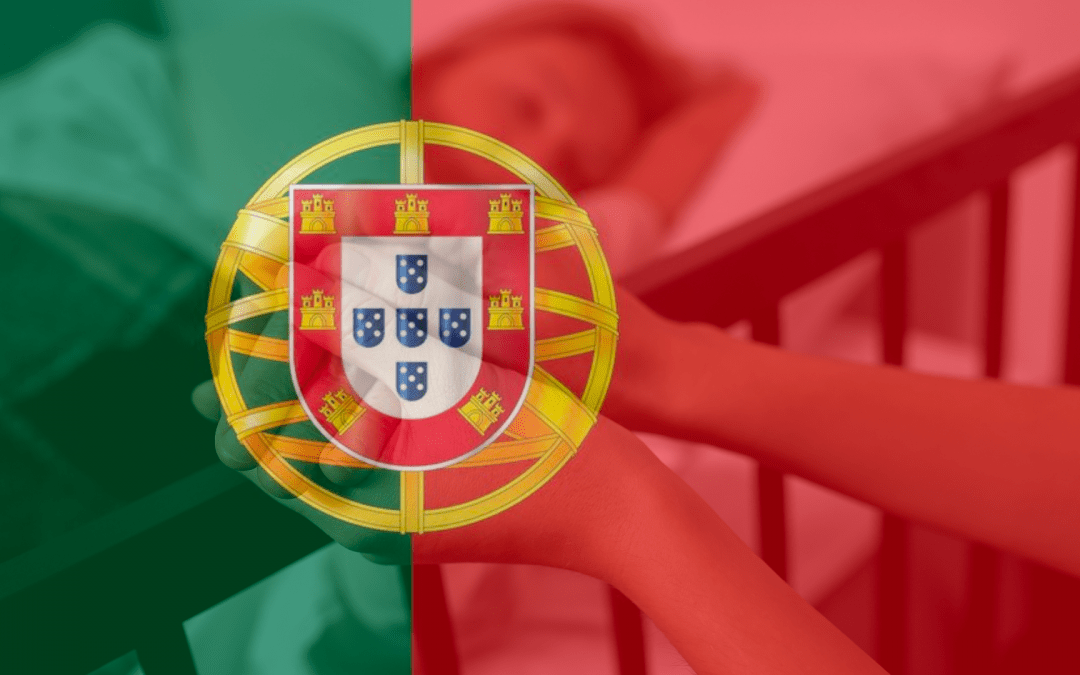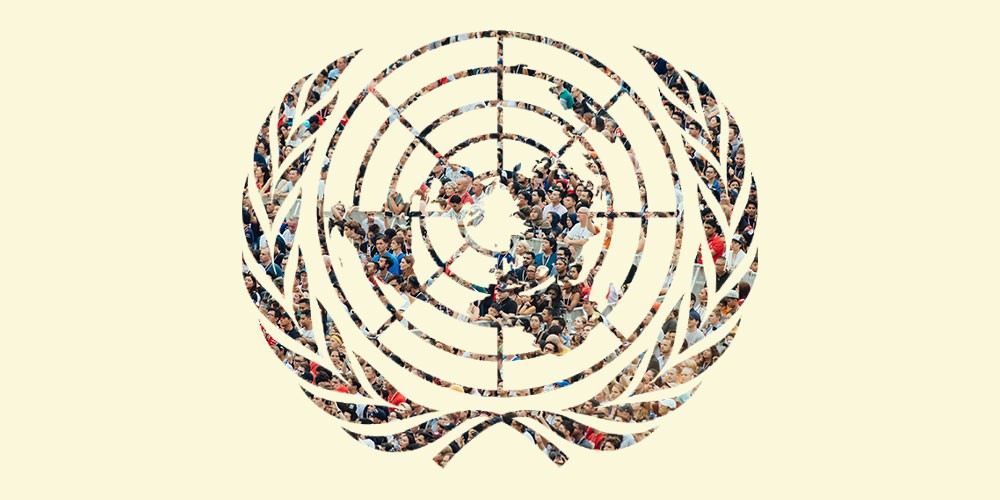![[Press Release] – Unfair French Abortion Law Out of Touch with Real-Life Issues](https://www.alliancevita.org/wp-content/uploads/2022/01/senat-cp.png)
by Claire Anne Brule | January 13, 2022 | Abortion, Press Releases
![[Press Release] – Unfair French Abortion Law Out of Touch with Real-Life Issues 1 senat cp](https://www.alliancevita.org/wp-content/uploads/2022/03/senat-cp.png)
PRESS RELEASE – January 13, 2022
Abortion: an unfair law out of touch with real-life issues
On January 19th, French Senators will examine in second reading the bill which extends the legal deadline from 12 to 14 weeks of pregnancy to “advance abortion rights”.
Alliance VITA denounces these new provisions which are completely out of touch with the real-life issues faced by pregnant women, and calls for a genuine assessment of the causes, conditions, and consequences of abortion.
Extending abortion deadlines is a hard hit against women, especially since this law does not include any alternative nor any support for women.
Throughout the debates a relentless clamoring for a “right to abortion” silenced the voice of pregnant women facing an unexpected pregnancy and who abort reluctantly. To conceal these facts is a serious injustice since abortion is an irreversible act where lives are at stake. It is illusory to think that all women abort of their own free will and that it is a deliberate choice.
The decision to abort, especially beyond the legal deadlines, can be the result of a great distress and social pressure from the woman’s family or relatives. Furthermore, abortion is a distinctive marker of social inequality, and this should be a reason to worry for public authorities. In 2020, for the first time, the DREES (Department of Research, Studies, Evaluation and Statistics) reported that the women with a lower level of income are more likely to abort. Moreover, when an IFOP survey polled French citizens on their perception of abortion in October 2020, 92% deemed that women experience long-term psychological consequences following abortion, and 73% think that society should provide more assistance to help prevent abortions.
Following political maneuvering, the text submitted to the senators rightly reintroduced the specific freedom of conscience clause for abortion, thus making it sound more “acceptable”. But for Alliance VITA, who has been assisting women and couples facing unexpected pregnancies for over 20 years, the grievous issue of abortion deserves better than a phony debate and political maneuvers.
Caroline Roux, Alliance VITA’s Assistant General Delegate declares:
“Many women contact Alliance VITA’s listening service to talk about their distress and describe their hardships. Rather than extending deadlines, the real priority is to protect women from all kinds of violence, including pressure from their partner to abort, but also from social and economic hardships, by implementing a genuine abortion prevention policy. »
The press kit is available here.

by Claire Anne Brule | January 7, 2022 | News

In 2020 the European Commission put forward a proposal to “ensure that parenthood, as established in one EU country, is recognized throughout the EU so that children maintain their rights in cross-border situations, in particular when their families travel or move within the EU.” When the Commission consulted associations and citizens, it stated that the initiative is not intended to harmonize national legislation for establishing parenthood.
Indeed, each Member State has national competence for establishing filiation. However, a recent decision of the European Court of Justice appears to circumvent Member State legislation, under the guise of freedom of movement within the EU, without blatantly requiring the Member States to establish filiation that it has no intention of recognizing.
This judgment concerns a case where two women got married under Spanish law – one Bulgarian and the other a resident of Gibraltar – and a child born in Spain, the country that issued the birth certificate registering both of them as mothers. According to Spanish law, a child cannot be issued Spanish nationality if neither of the parents is Spanish. On the other hand, Bulgarian law grants de facto Bulgarian citizenship if one of the parents has Bulgarian nationality. However, Bulgaria does not recognize same-sex marriages, therefore its administration could not issue the birth certificate. Hence the resulting imbroglio for establishing identity documents for the child. In its decision, the European Court ordered the Bulgarian authorities “to issue a Bulgarian identity card or passport, listing the child’s surname as indicated on the Spanish birth certificate, regardless of the dispute over establishing a new birth certificate”. The Court has declared that such a document, on its’ own or together with a document issued by the host Member State, must ensure “the child’s right to free movement, with each of his two mothers, whose status as parents of that child has been established by the host Member State”, (referring to the Directive https://eur-lex.europa.eu/LexUriServ/LexUriServ.do?uri=OJ:L:2004:229:0035:0048:fr:PDF on the right of EU citizens and their family members to move and reside freely throughout the territory).
Currently, since Member States retain national authority for establishing filiation, it is crucial that these disputes be assessed on a case-by-case basis.
Alliance VITA issued a recommendation, as an answer to the consultation of the European Commission, to warn against systematically recognizing filiations within the EU while maintaining the principle of subsidiarity for Member States in this matter. Such practices could put children in increasing jeopardy due to the acceleration in the reproductive business and the risk of human trafficking.
“It is also important to pay particular attention to the serious dangers of surrogacy regarding the child’s best interests and the violation of women’s fundamental human rights, especially by manipulation. Systematically imposing the recognition of surrogate parenthood by the EU vis-à-vis a Member State, whether that parenthood was initially recognized in another Member State or in a third country, would de facto result in encouraging and legally accepting surrogacy, in spite of the serious violations of fundamental rights inherent in this practice”.
The Commission is expected to decide on this initiative in the third term of 2022. Thus, Member States should be vigilant to ensure that the future proposal guarantee the respect for the principle of subsidiarity regarding the exclusive competence of the Member States to define marriage and parenthood.

by Claire Anne Brule | December 20, 2021 | Euthanasia and Suicide, News

On November 29, 2021 the President of Portugal vetoed the law decriminalizing euthanasia.
In January 2021 this highly controversial legislation was hurriedly pushed through Parliament while the country was facing another wave of the pandemic and had gone under lock down again. The President had asked the country’s Constitutional Court to evaluate the constitutionality of the new law which appeared to be violating the fundamental principles of the country’s constitution. On March 15, 2021, the Portuguese Constitutional Court ruled that the parliament-approved euthanasia bill was indeed unconstitutional.
The court stroke the law down as unconstitutional because of the way euthanasia was regulated by the law and because of the legal ambiguity deriving from it. The judges pointed out in particular the unclear notions of «permanent damage of severe gravity according to scientific consensus” and “unbearable suffering”.
The Parliament had decided to rewrite the text before imposing a new vote in a hasty manner on November 5th just as the President had announced the upcoming dissolution of the Assembly for political reasons related to dissensions over the vote on the state budget.
This time the Portuguese President vetoed, pointing out in a statement, the blatant deficiencies in the formulation of the law, since “in the same law, and even in the same article, there are contradictory rules”. As a law professor he is well aware of the importance of precise legal terms and points out the ambiguity regarding the conditions which allow access to euthanasia: “fatal disease”, “incurable” or only “serious”…
Parliament can no longer override the presidential veto: to do this it would have been necessary for the Parliament to revote the originally vetoed text. Whereas the decree of dissolution puts an end to the legislative procedure. After the early general elections in January 2022 it will be up to the new Assembly to decide whether or not to propose a new legislation.
The grass-roots movement Stop Euthanasia believes that the President’s statement reflects what “the majority of the Portuguese people think”. The association restates its’ urgent demand “for palliative care and better healthcare for vulnerable people at the end of life”.
“We call for more humane policies where the individual is at the heart of society’s concerns.” Indeed, this claim is highly justified since palliative care is so underdeveloped in Portugal, being currently unavailable to 70% who should benefit from it.

by Claire Anne Brule | December 10, 2021 | Human rights, News

One should imagine that December 10th which marks The World Human Rights Day would merit unanimous support. Adopted to commemorate the Universal Declaration of Human Rights, it allegedly helps protect against attacks on human dignity at all stages of life, “universally” throughout the world. Unfortunately, the concept of protecting human rights is becoming increasingly distorted.
In the postmodern world, specific laws have been adopted to defend these so-called “new human rights” in Western countries, resulting in an ever-increasing number of individualist claims. The victimhood culture has emboldened one and all to make aberrant pleas such as sex change for young children, ART for single women, surrogacy, suicide, euthanasia, and prenatal testing for screening human beings…
Whenever the inviolable right to life is repressed, freedom and liberty cannot survive. In the name of the so-called “rights” of individuals who have already been born, the rights of the unborn are left without protection. In the name of the “right to be a parent”, children are being deprived of having families with the fundamental reference to sexual alterity. In the name of the “right to suicide” society is running the risk of abandoning the forlorn and distressed… The law of the strongest is the paradoxical result of ” endlessly irresponsible human rights.”
Therefore, it comes almost without surprise, that a society inclined to exclude the most vulnerable, those at the beginning or at the end of life, now wants to admit that animals have the same rights as humans. Here comes anti-speciesism. Even the vegetation is not left out. For instance, the mayor of Bordeaux, in order to legitimate his refusal to have a Christmas tree set up on the city square, referred to it as “the dead tree” and issued a “charter for the rights of trees”! To bring forward a concept nothing works better than making it trivial.
Alliance VITA is dedicated to universal rights specific to each individual human being, while respecting the human nature in its’ social and environmental context and giving priority to protecting the most vulnerable ! This commitment is at the same time our right and a sacred duty.

by Claire Anne Brule | December 10, 2021 | Abortion, News

After the deputies adopted the new abortion bill to extend abortion deadlines in second reading, the legislative process seemed rather uncertain. Indeed senators from Macron’s party as well as socialist senators had refused to schedule a time slot. On several occasions, President Macron had voiced his concern about extending abortion deadlines.
On December 3rd the government said that it was “up to the Parliament to take over” according to the minister in charge of relations with the Parliament. Ultimately backtracking, the government has just inserted the bill on the Senate’s agenda for January 19th.
This political upheaval, resulting from political maneuvers and government standoffs, is completely out of touch with the life of pregnant women.
The bill’s flagship measure to extend abortion deadlines is a hard hit against women, especially since this law does not include any support for the women who could avoid abortion. On second reading, the unceasing demand for a “right to abortion” completely ignored what an abortion really is. The voices of women who are faced with an unplanned pregnancy are condemned to silence, forcing them to reluctantly turn to abortion. This is a serious injustice, considering the fact that abortion is an irreversible act where lives are at stake.
According to parliamentary sources, the government may have changed its’ stance after the specific conscience clause for abortion was reintroduced. While it is laudable that the specific conscience clause for abortion was not abolished, extending the abortion deadlines, to which the National Academy of Medicine and the National College of Obstetrician Gynecologists of France (“CNGOF”) are opposed, is a disgraceful answer to women’s needs. .
The sensitive issue of abortion deserves better than a fake debate and political maneuvers.
Instead of extending deadlines, it is urgent to protect women from all kinds of violence and coercion to abort, by implementing a genuine abortion prevention policy.”
![[Press Release] – Unfair French Abortion Law Out of Touch with Real-Life Issues](https://www.alliancevita.org/wp-content/uploads/2022/01/senat-cp.png)
![[Press Release] – Unfair French Abortion Law Out of Touch with Real-Life Issues 1 senat cp](https://www.alliancevita.org/wp-content/uploads/2022/03/senat-cp.png)








